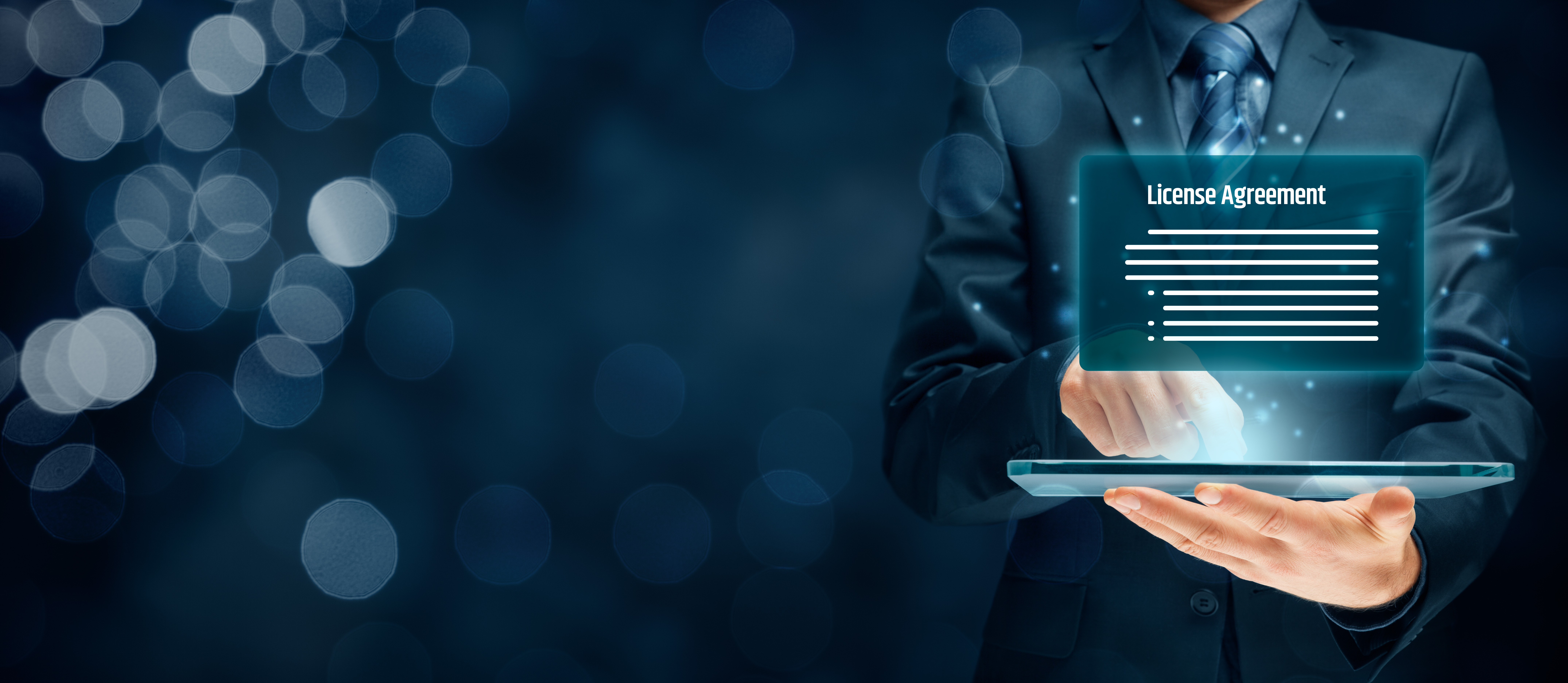We’ve already discussed the most popular open source software license, the GNU General Public License (GPL), as part of our series on open source software licenses, but this time we will review a common variation of the GPL known as the Lesser GPL and the Apache License.
As a reminder, open source software licenses generally allows users to make use of, change, and share the software with others without limitation, while also providing the complete source code to the user.
 The GNU Lesser General Public License (LGPL)
The GNU Lesser General Public License (LGPL)
The LGPL is essentially the same as the GPL and it will keep the LGPL licensed software free, but there is one critical distinction. It allows users of the LGPL software to combine it with other software, whether it is free or proprietary. This is done in a relatively simple fashion by taking the original GPL and adding permissions to it (this is done by removing section 3 of the GPL and replacing it with the LGPL language).
If you want to permit your software to be combined with proprietary software, use the LGPL, if you want to restrict it to being combined with freely distributable software, go with the GPL. To release software under the LGPL, simply add “Lesser” before “General” in all three places found in the instructions to the GPL, and include the text of the LGPL in addition to that of the GPL with the software and source code.
Apache License
Apache is another popular open source software license that is used for the Apache Web Server software, which is and has been the most popular web server on the internet since 1996. It is also the license used by Google for the Android mobile operating system.
The Apache License is different from the GPL in that it does not use any “copyleft,” meaning it does not require modifications or derivative works of the software to also be licensed under the same terms as the original software. You are also not required to provide the source code when you distribute the software to others.
Like the GPL and LGPL, the Apache license disclaims warranties, protect you from liability and others patenting your work, and requires them to give you credit in their future works, as well as note any modifications to it. Therefore, if you are not interested in “copyleft” limitations, the Apache license may make sense for you.
This is the language you use to apply the Apache License to your software, which includes a link to the full language:
Copyright YEAR NAME OF COPYRIGHT OWNER
Licensed under the Apache License, Version 2.0 (the “License”);
you may not use this file except in compliance with the License.
You may obtain a copy of the License at
http://www.apache.org/licenses/LICENSE-2.0
Unless required by applicable law or agreed to in writing, software
distributed under the License is distributed on an “AS IS” BASIS,
WITHOUT WARRANTIES OR CONDITIONS OF ANY KIND, either express or implied.
See the License for the specific language governing permissions and
limitations under the License.
Need An Attorney to Create a License for Software?
Elizabeth Lewis is an experienced software licensing attorney in Denver. If you have questions about how to create a license for a software, Contact the Law Office of E.C. Lewis today!

